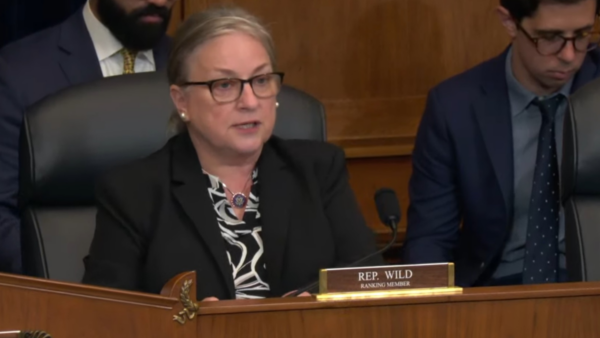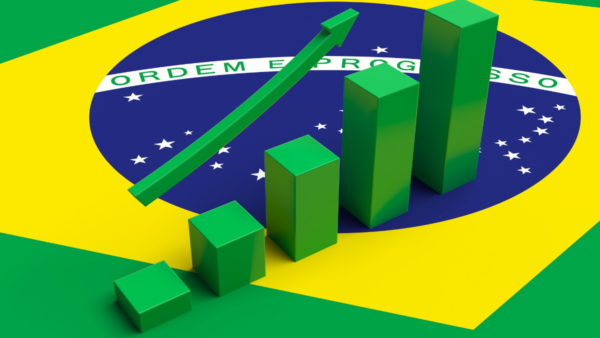In 2023, New Year’s Day in Brazil also marks the end of the Jair Bolsonaro era and four years of the far-right in power. And, on the afternoon of January 1, President Luiz Inácio Lula da Silva will climb the ramp of the Planalto Palace in Brasília for the third time in his life.
By almost any measure, he will face a bigger challenge this time around than he did 20 years ago, when the poverty migrant-turned-shoe shiner-turned-union leader-turned-president first took the highest office in the land.
In 2002, Brazil was filled with promise and reaping the benefits of important economic measures carried out by the center-right governments of the 1990s. Then came the commodities supercycle of the 2000s, which propelled Latin America’s biggest economy to its most prosperous economic moment.
When Lula left office in 2010, 83 percent of Brazilians approved of the job he had carried out, and 84 percent believed he was handing over a better country to his successor than the one he inherited eight years prior.
During his first spell as president, Lula used to (unfairly) complain about the shape his predecessor Fernando Henrique Cardoso had left the country. He will now find out what a bad inheritance really looks like.
Over his four years in power, Jair Bolsonaro stayed true to the gruff, indignant, and uncompromising candidate that won the election in 2018 by promising anti-politics. In many ways, Mr. Bolsonaro went above and beyond, also refusing to engage in the business of government.
His administration allowed (and on many occasions encouraged) the dismantlement of public policies in healthcare, education, environmental regulations, LGBTQ protections, racial inclusion, and politics toward women and indigenous populations.
“It was a time of scientific and institutional denial,” said political scientist Carlos Melo, of the think tank Washington Brazil Office. During the pandemic, Mr. Bolsonaro went against virtually every single scientific consensus, opposing any form of social distancing and sowing distrust around vaccines. A Senate hearings committee on Brazil’s pandemic response concluded that Mr. Bolsonaro committed multiple pandemic-related crimes — including crimes against humanity.
“It was also...

 Search
Search











































